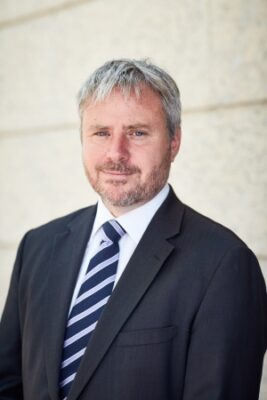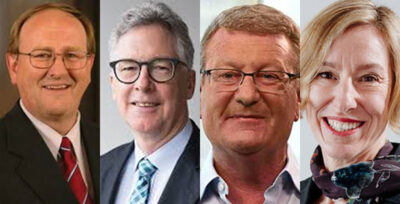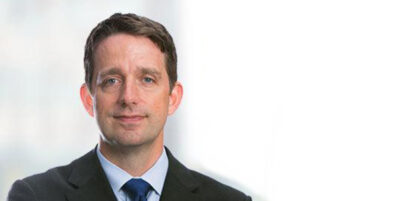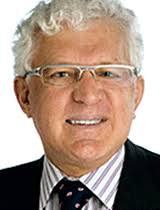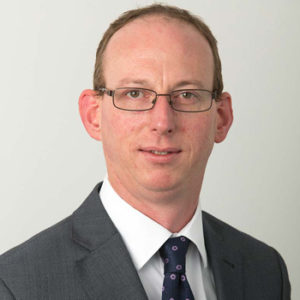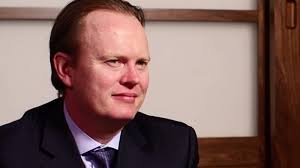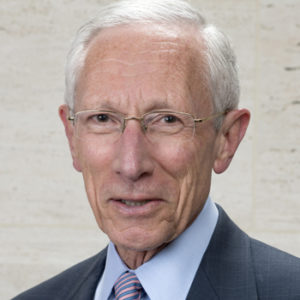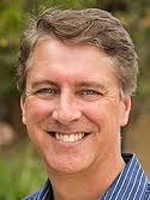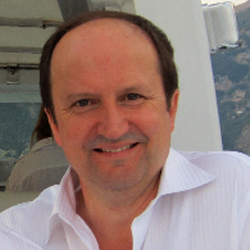-
Sort By
-
Newest
-
Newest
-
Oldest
by Chris Bedingfield* The world has changed dramatically for asset managers in the past decade. For those who believe they have something different to offer the market, it has perhaps never been harder to start up on their own. From super funds insourcing their asset management capabilities, to the chicken-and-egg circle of research houses who…
The past two years have seen poor performance for value style indices and typical value managers globally, and stronger performance for momentum, growth and quality factors. There have been recent comments in the market that value is broken or that this could be the death of value.
by Greg Bright Ken Marshman, the independent chair of Rest, called them the ‘matchmaker’, ‘the fiancé’ and ‘Muriel’. They are three people who have been involved in no less than 13 super fund mergers. In the current climate, their experiences should be noted by all funds. Marshman, also a former chief executive of JANA Investment…
Global financial market infrastructure firm Depository Trust & Clearing Corporation (DTCC) has laid out a chapter-and-verse governance model for the nascent blockchain universe. In a just-published white paper produced with consultancy giant, Accenture, DTCC establishes eight commandments for running ‘permissioned’ blockchains – also known as distributed ledger technology (DLT). Unlike the headline-grabbing blockchain antics of…
Superannuation funds need to get on the front foot and respond to the strategic challenge of developing good retirement solutions now. Although superannuation funds can follow the Government’s legislative timetable to develop a Comprehensive Income Product for Retirement (CIPR) by 1 July 2022, that’s hardly an optimal outcome for fund members who have retired or are making retirement plans now.
Link Group, the largest professional administration company for not-for-profit super funds in Australia, last week announced a solid, if not spectacular, financial result. The increasingly diversified firm provides an interesting litmus test for the global investment market. ASX-listed Link announced that EBITDA was up 6 per cent to A$356 million but operating earnings per share…
by David Chaplin* Later this year, probably, the Financial Markets Authority (FMA) of New Zealand will release the findings of a long-awaited review of the country’s custody sector. Securities servicing, as it should be known, has been long neglected by the NZ regulator. The review – understood to have been outsourced to consultancy firm PwC…
On August 1, President Trump sent four tweets about China. With tweet three, which talked about additional tariffs on US$300 billion of goods exported from China to the US, Trump rocked markets by publicly escalating trade war rhetoric.
Value will come back. It must do. It’s the most persistent of styles, dating back to the research of Benjamin Graham in the 1930s. Its underperformance cannot go on much longer. Surely. Reece Birtles, admittedly biased towards the style, provides a compelling argument as to why the time is now to dive back in. Birtles,…
by David Chaplin BlackRock has laid out the case for a coordinated fiscal and monetary shock policy to defibrillate the global economy as it struggles to register a pulse. In a paper published last week, the BlackRock Investment Institute argues that with both monetary and fiscal losing potency, more radical approaches – such as the…
These stories, thankfully, don’t come along too often. But they do come along. Here’s an entertaining – assuming you weren’t an investor – example of greed, hubris and a lavish lifestyle. And what better place to bring those factors together than in California? In its latest client note, Castle Hall, the global due diligence firm,…
John Peterson, an institutional advisor and investor who runs the Peterson Research Institute, has been monitoring like-for-like actual investment options offered by two big super funds, which track the relative performances of active versus indexed strategies. Here is his latest update, which shows active options widening their lead over passive during longer periods. In a…

